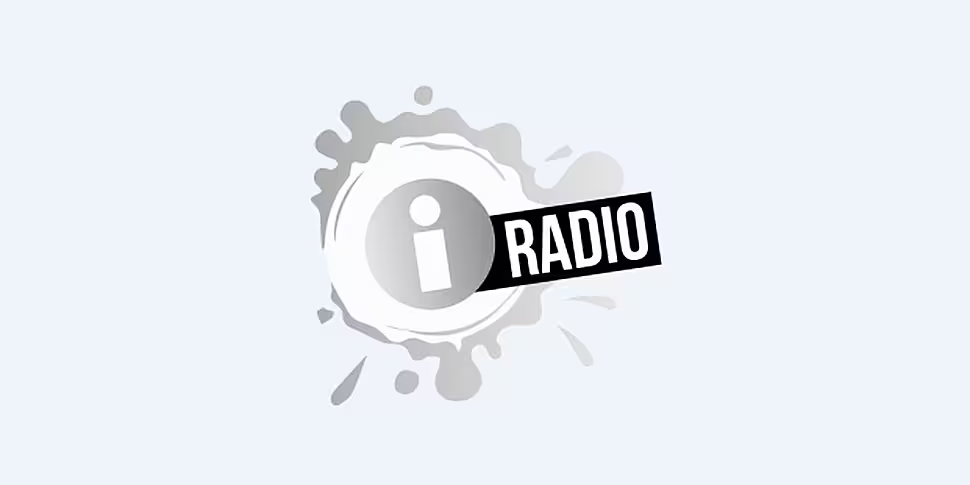
Proost, santé, salute, skål, Sláinte.
Want to get better at communicating with some of our friends in Europe and elsewhere?
Then it's time to hit the pints, and the books of course.
Because according to a new study, those who are learning a foreign language, find that sometimes, alcohol – in moderation – helps them to speak more fluently.
As is well known, a glass of wine of beer can lower your inhibitions, and basically the study says this little confidence boost will help you overcome some nervousness or hesitation when trying to speak a foreign tongue.
However, conversely, alcohol has also been shown to: impair cognitive and motor functions, negatively affect memory and attention, and lead to overconfidence and inflated self-evaluations.
So too much equals unhelpful. You need just the right amount.
The proof.
The research was published recently in the Journal of Psychopharmacology.
As it turns out, people in the study really did speak more fluently after a low dose of alcohol.
The study consisted of 50 native German speakers at Maastricht University.
Each of the 50 were asked to have a casual, two-minute conversation with an interviewer in Dutch - half were given water and the other half booze.
They were then recorded and rated by two native Dutch speakers, who didn't know who had consumed alcohol.
Those participating in the study were also asked to self-score their own performances, based on how fluently they felt they’d spoken.
Unexpectedly, the alcohol had no effect on the speakers’ self-ratings.
Those who’d drank alcohol weren’t any more confident or pleased with their results compared to those who’d drank the water, however, they did perform better.
The authors of the study wrote:
''Future research on this topic should include an alcohol placebo condition to disentangle the relative impact of pharmacological vs. expectancy effects.''
That's all the evidence we need! Next time you're in french class, raise a glass.
But only one, and only if you're over 18.














